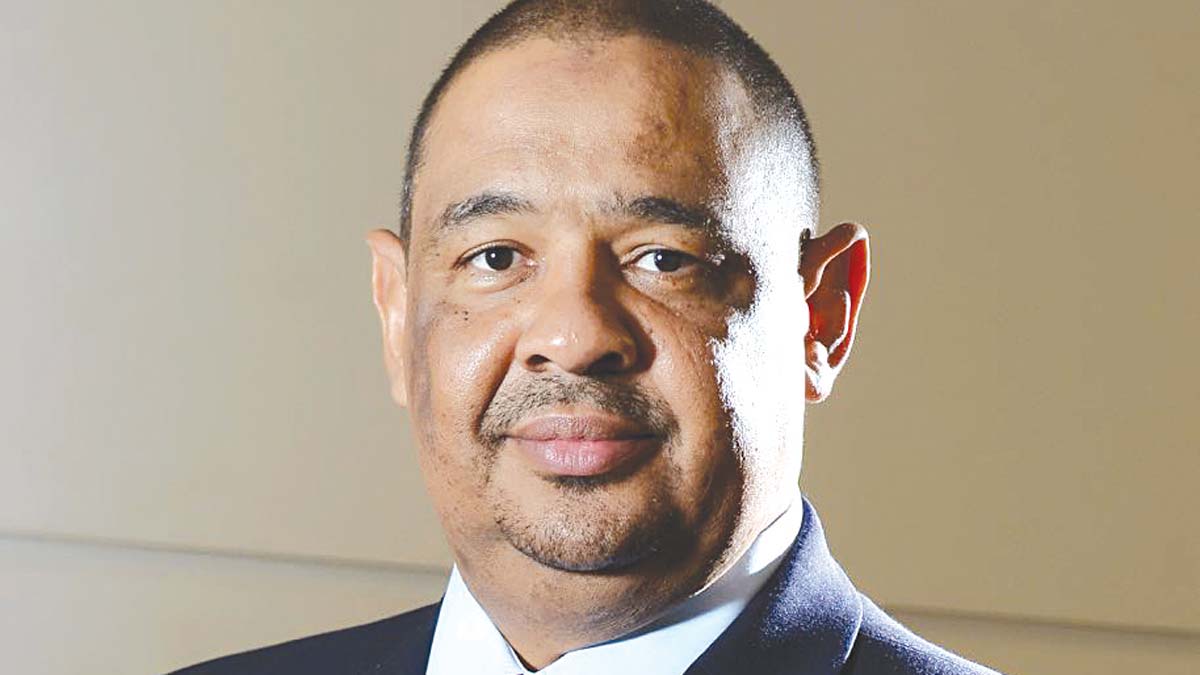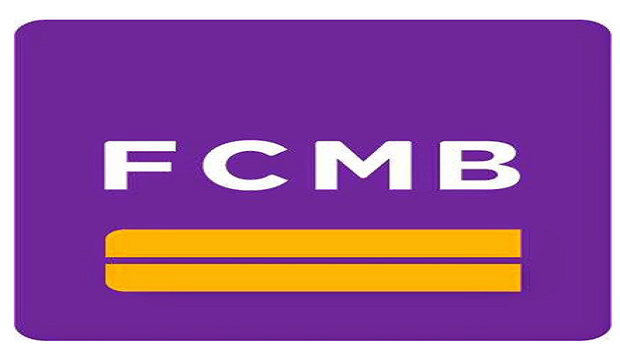...To get all news updates, Join our WhatsApp Group (Click Here)
Also Join our WhatsApp Channel (Click Here)
The management of First City Monument Bank, FCMB Plc., appears to have ignored recent directive from the Economic and Financial Crimes Commission, EFCC to banks to report suspicious activities of their customers to the commission.
The Central Bank of Nigeria, CBN has also recently warned Nigerian banks that they will be held responsible if they failed to notify the apex bank activities of fraudsters and hackers.
Financial analysts, however, insist that the new generation bank led by Mr. Adam Nuru have wittingly disregarded the directive neither has the bank done enough to build necessary firewalls capable enough to prevent criminal elements from using the bank to commit fraud.

This has become worrisome in the face of hackers that have now infiltrated the bank’s electronic system for the purpose of robbing unsuspecting Nigerian of their hard earned money. SOCIETY REPORTERS however discovered through investigations that the fraud is committed with insiders’ assistance in the bank.
The hackers and some employees of the bank, we learnt they have formed a well-organized syndicate that now threatens depositor’s fund in the bank and the financial system in the country.
The modus operandi of the ‘cartel’, according to some victims who have lost money to the well-organized syndicate, is very strong so much so that an unsuspecting individual would have fallen for the scam before knowing it.
On January 3, 2018 an FCMB customer (names withheld for security reasons) with account number 0289084011 received an alert on his mobile telephone line, that his account has been debited of N5,000,000.00 ( five million naira only). Shocked that the amount was removed from his account without his authorization, he quickly called one of his staff to find out what could have happened.
The employee, an accountant working in his office told him he received an email from him that day authorizing him to transfer the said amount to GTB account owned by one Aminu Steven H.
The GTB account number is 0160947512. The principal told the staff that he never sent the e-mail, more so when he had no transaction with the GTB customer, as such he had no reason to pay him such money.
Suspecting that he has been scammed, he quickly notified FCMB which in turn notified GTB. While this was still going on the recipient of the money at GTB had quickly moved the money, which he split into two different accounts in the same bank.
The transaction was done in a flash of lightning. The sum of N2,800,000.00 was transferred to the account of one Sanni Adeyemi Azeez, while N2,200,000.00 was moved to the account of Olamilekan Temitope Moses.
“There’s no way this could have happened without insider connection,” said Frank Enebeli, a financial analysts, adding that “FCMB has become notorious for such financial fraud.”
Before this particular case, some customers of FCMB have complained about the failure of FCMB management do something about some of its staff working hand-in-hand with hackers to commit fraud.
Some customers said they have had to close their accounts with FCMB because they felt that their money could be tampered with. Some of them said they felt their money was no longer safe with the bank, not because they have any bitter experience, but simply because their friends who at one time or the other had been defrauded warned them to do so.
FCMB, some analysts say has risked its reputation as one of the new generation banks in the country by allowing hackers and thieves to have a free reign.
An insider told SOCIETY REPORTERS that it’s difficult to weed out insiders in the bank perpetuating this fraud because they have backers among senior management of the bank. The source also said the cartel has become so much entrenched because of huge cash involved.
According to him, the mode of operation of the ‘thieving staff’ is two-way pronged. The first “ring’, he said focus on working with hackers to move money from other banks to FCMB. The basic work of these staff is to move such money to special or dedicated accounts opened for this purpose. “These accounts are opened using proxies who are promised cuts or percentage of whatever money is involved.
The owners of the accounts get up to 10 percent or more, depending on agreement. Once the money lands in the account the owner is quickly informed, so that he can withdraw it with immediate effect before the victim alerts the bank.” the source said.
“The transactions takes place in a flash, because once it’s discovered the bank can place a Lien of No Debit Transaction on the accounts involved making any withdrawer impossible,” he also stated.
The biggest ‘cartel’ involves staff who stole FCMB customers’ money. According to the same source, this group has festered for years in the bank and has become very entrenched in the evil practice.
“What they do is to monitor fat accounts for at least eight months. Once they discovered that the accounts witnessed no activity within this period, they will start moving the money bit by bit,” he said.
He explained that some customers have opened accounts with the bank without the knowledge of their family members or close relations. When such customers die, he said, nobody will be able recover the money in the accounts because nobody is aware of their existence.
“Though this particular situation is not common with GTB, but the one that happens in FCMB is worst. The cartel makes millions monthly from these fraudulent practices. Now imagine the billions that may have been stealing from customers in the last few years,” he said.
Some customers of FCMB who spoke with us, disclosed that on a number of occasions they had receive debit alert on their mobile phones without any transaction.
Whenever the bank is queried, the response is usually very unimpressive. In the case cited above, FCMB was very reluctant to return the N5 million stolen until the owner dragged the bank to court.
The efforts by SOCIETY REPORTERS to get the bank respond to the issue were not successful. Telephone calls made to its spokesperson one Mr. Louis Ibe were not responded to.
Whatch out for Part 2…… (Our Interview with some aggrieved customers of the bank)
SUNDAY ADEBAYO
You can get every of our news as soon as they drop on WhatsApp ...To get all news updates, Join our WhatsApp Group (Click Here)
Also Join our WhatsApp Channel (Click Here)

















